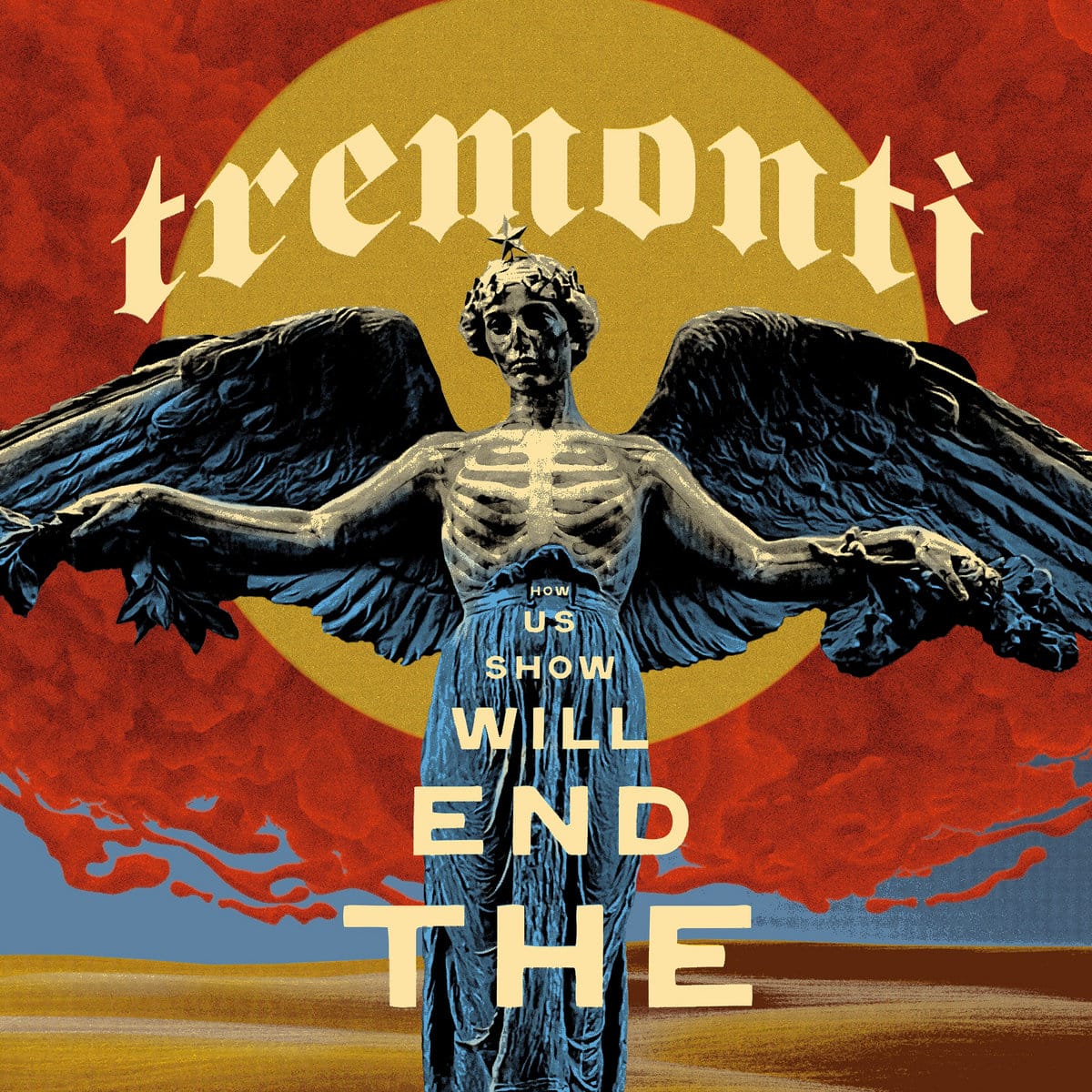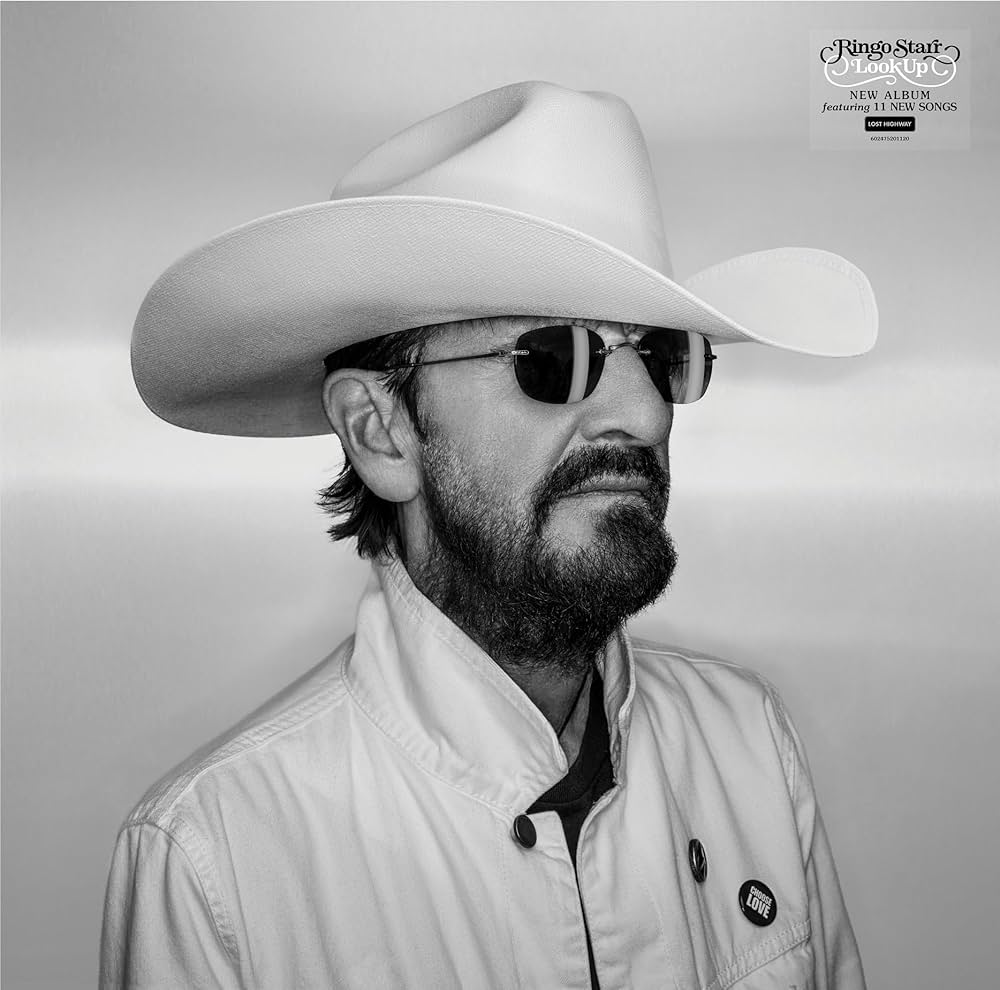I want to share with my readers 6 of my favorite quotes related to artistic creation. These quotes were uttered by great musicians or writers, but they could be applied to any other branch of art or even to our personal lives in general.

1. “You can trust that first thought.” – Maynard James Keenan
The lead singer of Tool expressed this in reference to the process his bandmates use to compose the music for the epic and complex songs of the band.
This process involves the other three musicians playing together the song they are composing, over and over, sometimes for consecutive weeks, while adding or modifying parts. Maynard shared in an interview that this process seems very prolonged and even unnecessary to him. He thinks it would be fine if his bandmates trusted the first idea they had, that “first thought.”
To reinforce this, he mentions that sometimes, after his bandmates have tried various alternatives for certain parts of the song, they finally conclude that the original idea was the best and is the one they use.
Sometimes humans tend to doubt their initial creations. I am one of those who likes to explore various options before being convinced that a certain form of some part of the musical composition I am working on is the one I like the most. However, I must admit that many times I end up returning to the initial idea. In those moments, I always remember Maynard’s phrase.
I believe that just because an idea is the first one we had, there is no reason to diminish its merit. Who really knows where the ideas flowing through the channel of creativity come from, and what kind of complex mental synthesis occurred in us at the moment they arose that led us to them. Surely, it included something more than our own reason, such as the influence of our temporary emotions and our unconscious, among other things. Something important guided us there for a good reason, I suppose.
On the other hand, whatever their methodology for composing, we cannot argue against the incredible results that Tool achieves in creating their music.
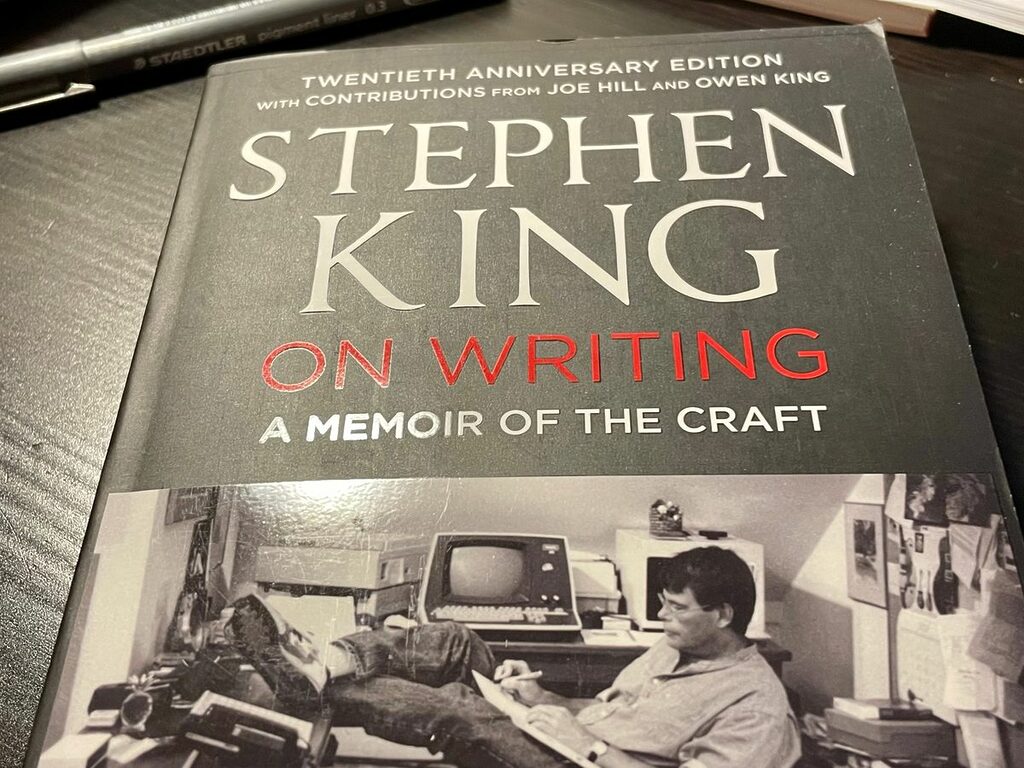
2. “Kill your darlings.” – Stephen King
Although, as I argued in the previous point, it’s okay to consider our initial ideas valid, it doesn’t mean that everything we create is worth keeping. The legendary master of horror refers to this through the phrase “kill your darlings” in his book “On Writing,” where he provides advice on how to write a good novel.
With this phrase, he illustrates the process he recommends for writers to revise their works, which includes eliminating unnecessary parts for the story. The phrase specifically refers to the difficulty a writer might face in cutting these parts because they could feel very attached or fond of their creation, what he calls “their darlings.” But if these parts don’t really work or are unnecessary for the novel, one must learn to “kill them,” meaning, eliminate them from the final text, no matter the time and effort invested in creating them
This is essentially learning to let go, and it is one of the most valuable, important, and difficult lessons that not only every creative person should learn but all human beings.
“Kill your darlings” is a phrase I constantly remember. Both in my work as a writer and in my projects as a music composer, I have encountered situations where I had to accept that something I did is not working. Sometimes, even something to which I dedicated several days of work. Still, if it doesn’t work, it’s best to let it go for the benefit of the project.
Something interesting I have discovered is that it has become easier for me to let go of my creations. I can even find some humor in it. I think it’s part of the same creative process. Not everything we create can always be a diamond or a masterpiece. It’s about accepting the reality of not being infallible, with humility, focusing on moving forward, and continuing with the next thing.
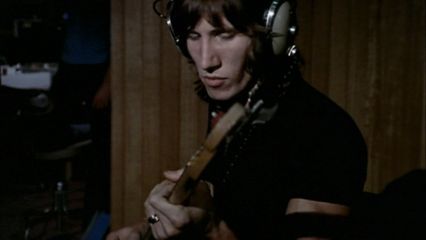
3. “The only thing that is important is whether it moves you or not.” – Roger Waters
The legendary Pink Floyd bassist and composer uttered this phrase in a 1970s video, filmed in a recording studio. He meant that, ultimately, no other consideration matters if the song “doesn’t move you.” It’s the only thing that truly matters.
I wonder if he meant a physical, mental, or emotional movement. I suppose there isn’t much difference. All cases involve a reaction from the listener.
Waters isn’t convinced of the merits of a musical composition if it doesn’t have the potential to elicit a significant reaction in someone. I agree with him.
Despite the importance of technique, theoretical study, and the use of technology in any branch of art, I always keep in mind that these are only complementary aspects. The goal is to create that movement reaction Roger Waters refers to.
I have come to the conclusion that, when composing music, above all, one must continually evaluate the emotional content and the response that listening to this music elicits in oneself. If it manages to provoke a strong and genuine emotional reaction in me, it is likely to evoke a similar reaction in other people. I believe this same principle can be applied to any form of artistic creation.
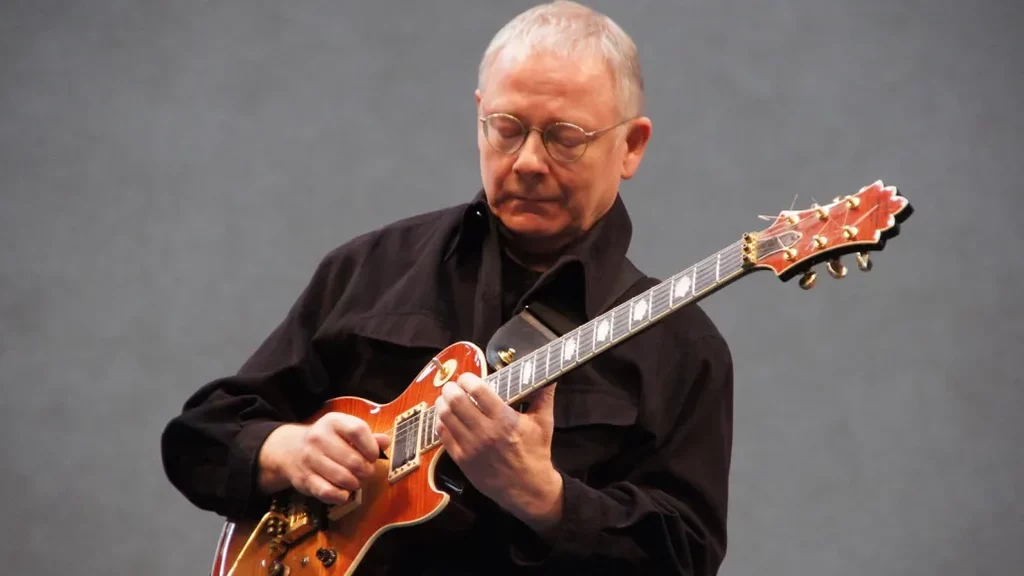
4. “Play the notes with conviction, but don’t think too hard about what you’re playing. Also, play as few notes as possible with as much emotion as possible.” – Robert Fripp
Reading this quote from the guitarist of the legendary progressive rock band, King Crimson, reminds me that the important thing is not to know how to play an instrument quickly or be the most technically skilled in any art form. Similar to what Roger Waters mentioned, it’s about conveying emotion through artistic creation.
Personally, I’ve always preferred listening to musicians who aren’t necessarily virtuosos in playing their instruments but play with deep feeling.
I can appreciate someone who is fast and precise in playing, but this doesn’t necessarily evoke an emotional reaction in me. I’ve noticed that, even among world-renowned artists, it’s challenging to find a musician who is balanced in this regard – technically virtuosic and able to play with great emotion. They are few, but they exist.
Returning to Fripp’s phrase, I find the first part especially interesting, where he recommends not thinking too much while playing. Considering that he also emphasizes playing with as much emotion as possible, we can conclude that Fripp probably believes that overthinking could inhibit the ability to play with great emotion. Given that emotion is generally understood as originating from a non-rational source (unlike thinking), what Fripp says makes a lot of sense.
Personally, I would like to add that not thinking too much while playing (or creating a piece of art) could also mean allowing our unconscious mind to flow freely, from where I’ve always believed much of our artistic and creative ability comes.
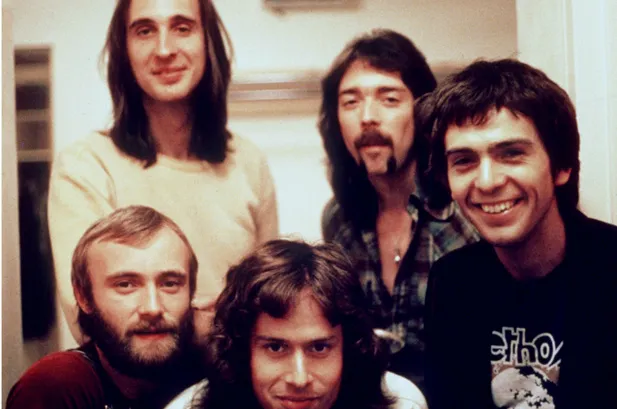
5. “We were always songwriters first and musicians second. I played the flute – badly – and the oboe very badly, and the drums pretty badly, but all enthusiastically.” – Peter Gabriel
Peter Gabriel has always been my favorite singer. Not only does he have a unique voice with a very complex tone, but he is also an extremely original artist.
With this comment, he refers to his years as the lead singer of Genesis, a group he belonged to from its beginnings until the mid-1970s.
Gabriel mentions that, although he didn’t consider himself particularly skilled at playing any instrument, that didn’t stop him from contributing to the musical creation of the group, which he considered the main focus. He adds that, moreover, when he played, he always did it with enthusiasm.
When I read the phrase for the first time, I identified with it a lot. I’ve always felt that the most important thing to accomplish any task is to have the will to do it, without needing to be the most technically skilled, especially in matters related to art. And above all, to carry out that task with focus, discipline, and great enthusiasm.

6. “Certainly not flawlessly, but I did it. Never wait in expectation of perfection or you’ll wait forever. Do the best you can with what you’ve got and be one of those who dared rather than those who merely dream.” – JK Rowling
The author of the Harry Potter series responded in this way in a tweet, addressing a fan who expressed admiration for the enormous work and effort Rowling put into writing the books about the young wizard. The fan praises her, adding that she did it flawlessly. Rowling replies that certainly, she didn’t do it flawlessly, but she did it.
This is a phrase I like to reread regularly. I believe it might even be worth framing and placing in a visible spot.
Perhaps the phrase isn’t the most original thought, but it’s one that should be remembered daily, not only in our artistic creations but in all areas of our lives.
Sometimes, by waiting to achieve an ideal, a certain perfection, we leave things unfinished or never even start them. In the case of artistic creations, many times because of this, we never even get around to publishing them.
It may not be so evident, but it’s better to do or publish something, even if it’s not perfect, than to never have done it. It’s about doing the best one can with what one has at that moment, be it skills, equipment, time, etc., instead of waiting endlessly for the perfect moment or ideal situation, which may never come.
In the case of an artistic creation, it’s okay to polish it as best as possible, but it’s important to understand that completing it, and even publishing it, is an essential part of the process. It’s the final phase, and when this moment arrives, one cannot expect that their creation will be absolutely perfect, but that’s okay. This is not a world of ideals but of reality, and reality will never be perfect.





